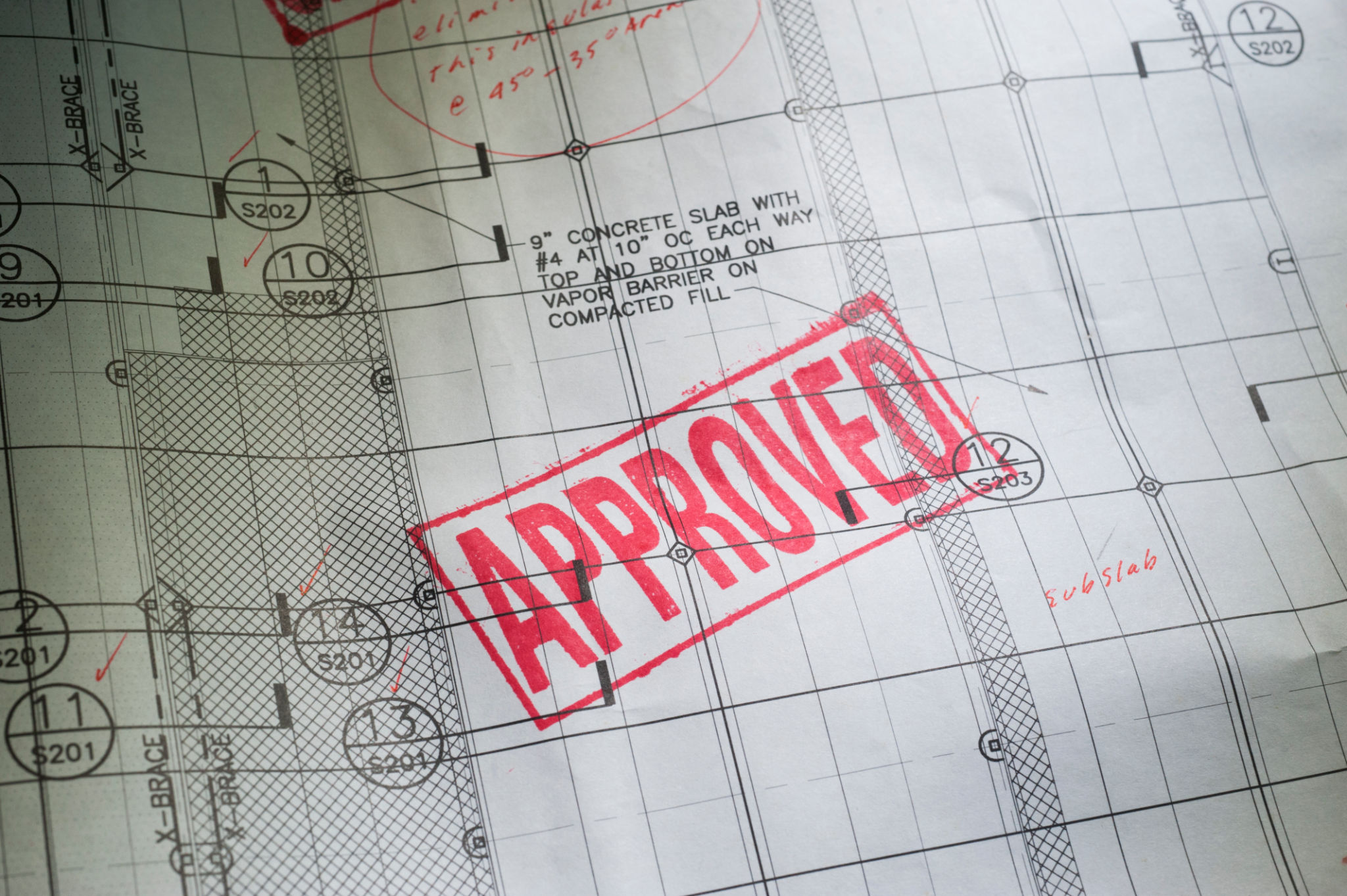Understanding Local Construction Regulations and Permits
Understanding Local Construction Regulations and Permits
Embarking on a construction project can be an exciting venture, whether it's building your dream home or expanding your business premises. However, before breaking ground, it's crucial to have a firm grasp of local construction regulations and the necessary permits. These rules ensure that your project is safe, legal, and meets community standards.
Local construction regulations vary widely depending on the region, so understanding the specific requirements in your area is essential. These rules encompass everything from zoning laws to building codes, all designed to ensure safety and compliance.

Why Are Construction Permits Important?
Construction permits serve as formal approvals from your local government to proceed with a building project. They are pivotal for numerous reasons:
- Safety: Permits ensure that structures are built safely and adhere to local codes.
- Compliance: They confirm that the project aligns with zoning laws and other regulations.
- Value: Properties built or renovated with proper permits often have higher resale values.
Failing to obtain necessary permits can lead to fines, legal issues, and even demolition of unauthorized structures. Thus, it's imperative to understand which permits are required for your specific project.
Types of Construction Permits
The kind of permits you'll need depends on the nature and scope of your project. Common types include:
- Building Permits: Required for new constructions, major renovations, and additions.
- Electrical Permits: Necessary for any electrical work, including wiring and installations.
- Plumbing Permits: Needed for any plumbing-related work, such as installing new pipes or fixtures.

The Permit Application Process
The process for obtaining a construction permit typically involves several steps:
- Project Planning: Before applying, ensure you have detailed plans and specifications for your project.
- Submission: Submit your plans along with a completed permit application form to your local building department.
- Review: The department will review your application to ensure compliance with all relevant codes and regulations.
- Approval: Once approved, you will receive your permit and can begin construction.
It's essential to allow ample time for this process, as reviews can sometimes be lengthy depending on the complexity of your project.
Navigating Zoning Regulations
Zoning regulations determine how land within certain areas can be used. These rules can impact everything from the height of your building to its proximity to property lines. Understanding these regulations is crucial in the planning stages to avoid costly redesigns or legal issues down the line.
If your proposed project doesn't meet zoning requirements, you may need to apply for a variance or a special exception. This process typically involves presenting your case to a zoning board, which will decide if an exception can be made.

Working with Professionals
Navigating the complexities of construction regulations and permits can be daunting. Many choose to work with professionals such as architects, engineers, or contractors who are familiar with local requirements. These experts can help streamline the process, ensuring all necessary permits are obtained efficiently and correctly.
By understanding and adhering to local construction regulations and permits, you not only ensure the legality and safety of your project but also contribute positively to the overall community development. Always prioritize compliance to pave the way for a successful construction endeavor.